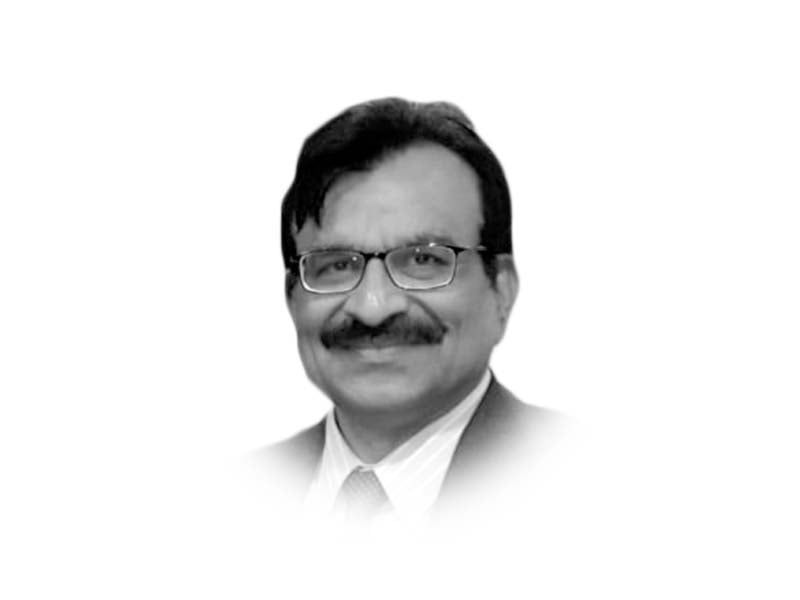
Global health security: can Pakistan show leadership?
Pakistan has decided to hold first Global Health Security Summit in Pakistan
Pakistan has decided to hold the first Global Health Security Summit in Pakistan. This is a significant step for a developing country attempting to unite the global community for the next pandemic. Even after COVID19 pandemic, global preparedness for the next pandemic is dismissal. There has been a lot of talk since 2020, but on the ground, concrete, meaningful efforts are very minimal. A quick review of all the official declarations by international agencies shows how subtly they are warning about our lack of preparedness. Pakistan has decided to shake the global community from inertia by holding a high-level Global Health Security Summit in Islamabad, Pakistan, on January 10 and 11, 2023.
Globally, there is a surge in respiratory infections, many of which require hospitalisation in children. In Pakistan, practically every house is complaining of flu-like symptoms and severe sore throat. COVID19, including the new subvariant JN.1, probably has a significant share in these surges across the globe. However, with a lack of COVID19 testing, it is difficult to accurately understand these surges. That is exactly what was not supposed to happen so quickly after a major pandemic. Three years after the pandemic, our field data should have been telling us exactly the reasons for this surge of infections to effectively control them at local levels.
In 2011, I was invited to give multiple talks at different institutions in Washington, DC, including George Washington University. The title of the talks was “Pakistan: Health Security, Challenges, and Opportunities”. When preparing for the topic, I found out that the term “Health Security” was devised by another Pakistani and very famous economist and our former Finance Minister, the late Mahbbob-ul Haq in 1994. After close calls with SARS in 2003 (previous deadly coronavirus) and the human avian influenza outbreak in 2007 which started in Abbottabad, Pakistan (though transmission was not sustained), countries started to seriously think about the possibility of the next pandemic. The WHO had been trying to do the same for many years through International Health Regulations (IHR), but there was not much headway. In 2015, the Global Health Security Agenda (GHSA) was launched, and Pakistan was one of the earliest signatories. Contrary to WHO’s IHR, the GHSA was now a binding treaty. In the next few years, the pandemic preparedness of different countries was evaluated. However, these evaluations lacked specificity. Some of us raised serious issues before the COVID19 pandemic that these evaluations are giving a false sense of security to countries while they are still vulnerable. After the pandemic, it was very quickly realised that previous global preparedness and these evaluations were pretty much of no value.
However, where it took one hundred years for a major pandemic to hit us, now things are very different. With more than seven billion people crowded on this planet now, as compared to just 1.5 billion people a century ago, the threat of a new pandemic is manifolds higher. I even fear the potential of multiple pandemics starting simultaneously.
In the last pandemic, many developed countries falsely thought that with the infinite resources they have, they could act independently of other countries and keep their populations safe. From unnecessary travel restrictions to the hording of masks and vaccines, they acted as if there was no global community. After 2020, we saw how wrong they were, but unfortunately, they are still not trying to change this situation.
Rich countries can’t build walls that are high enough to stop the next virus from entering their borders. No amount of vaccine hording will save their populations because if there is uncontrolled transmission elsewhere, new immunity-escaped variants will form and keep attacking their populations. There is only one solution, and that is to work with each other and have effective and equitable disease outbreak detection and response systems across the globe. Pakistan has decided to remind the world of the dangers lurking if anyone still tries to safeguard their populations in isolation. We have to come up with a combined Homo sapiens survival strategy on this planet.
Published in The Express Tribune, January 6th, 2024.
Like Opinion & Editorial on Facebook, follow @ETOpEd on Twitter to receive all updates on all our daily pieces.









COMMENTS
Comments are moderated and generally will be posted if they are on-topic and not abusive.
For more information, please see our Comments FAQ